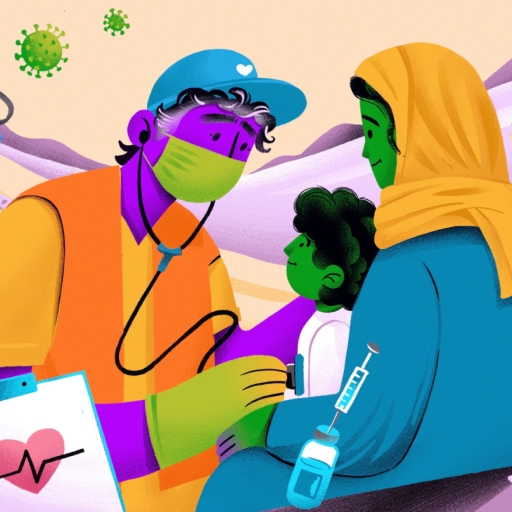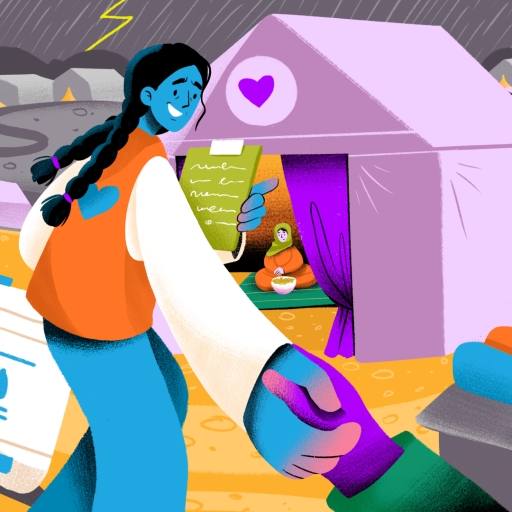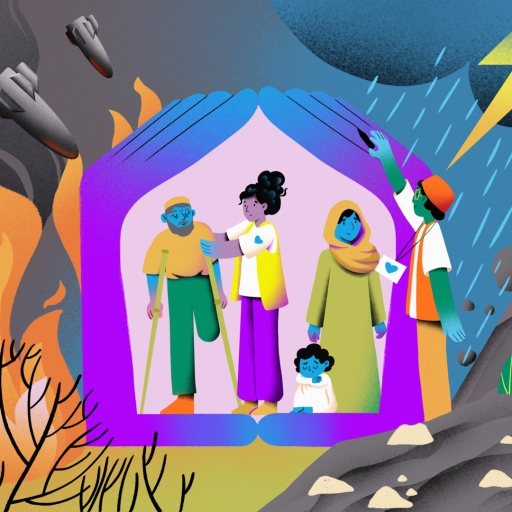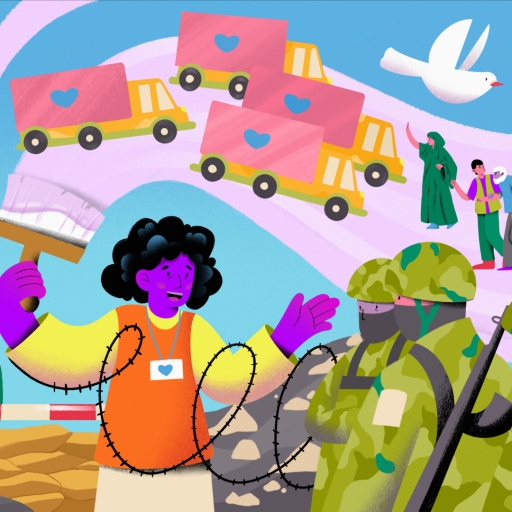The Security Advisor
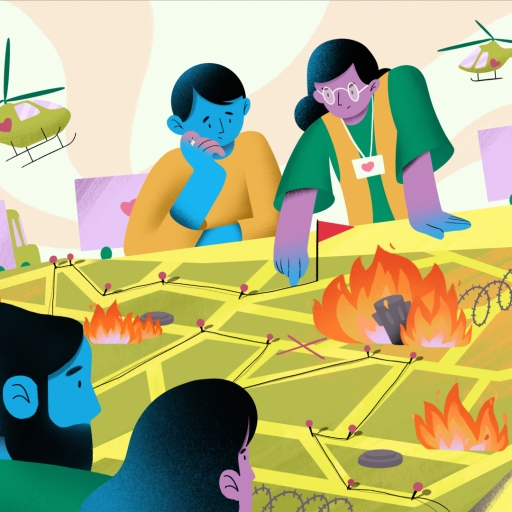
Humanitarian action often takes place in dangerous and unstable contexts, especially following conflicts and disasters. Security professionals provide services that enable humanitarians to deliver their life-saving programmes safely and securely, and they are critical in ensuring safe access to people in need.
As responses to safety and security challenges vary widely, security officers’ work can include context analysis and risk assessment as well as establishing security procedures, contingency plans and strategies. While national staff on the front lines are often more exposed to insecurity and violence, their local knowledge and contacts are critical in establishing safe and secure environments and communities’ acceptance.
Sadly, the role of security professionals is becoming increasingly important; the number of major attacks against aid workers more than doubled between 2000 and 2020. World Humanitarian Day was designated in memory of the 22 aid workers killed in the bombing of the United Nations headquarters in Baghdad, Iraq, on 19 August 2003.



